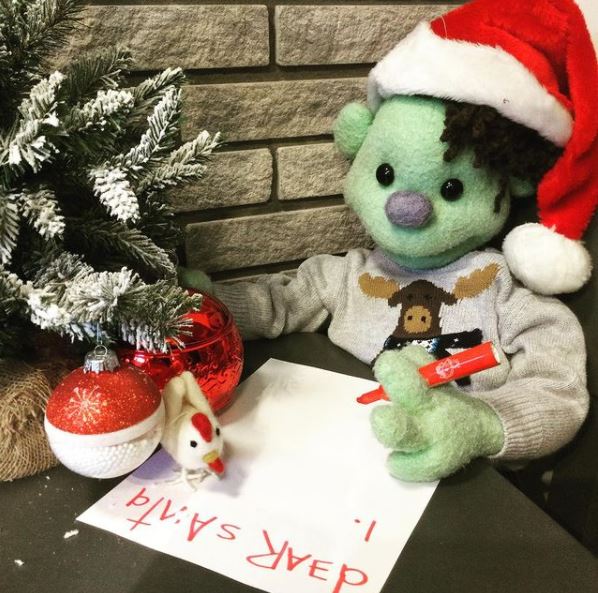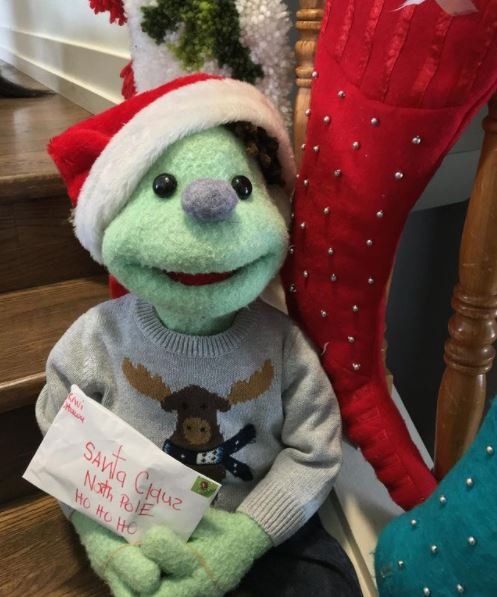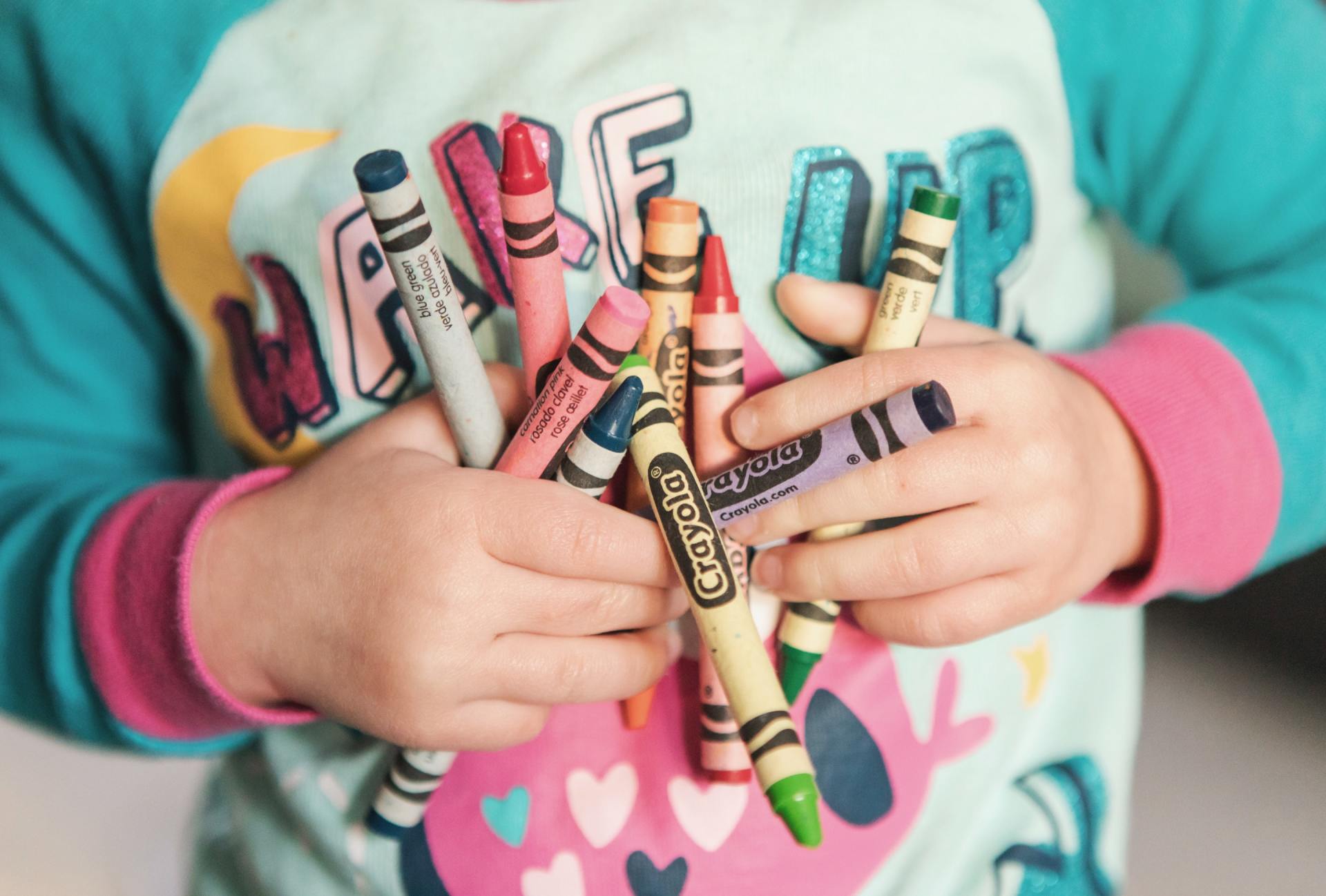1 - Help language grow:
- Ask your child to list the toys they would like. Get ideas from books, flyers, or catalogs (do they still even exist anymore?)
- Name each toy and talk about the different toys your child likes.
- Talk about what your child can do with each toy. Use action words (e.g., bounce, cook, draw).
- Compare two similar toys. Get your child to identify the reasons why they like each toy.
- Ask your child to prioritize and choose his 5 top picks. Talk through difficult choices (if your kid is anything like mine, there will be plenty of heartbreaking choices to make between the Spiderman with the ability to cling to walls or the other cool Spiderman with the spider webs).
Remember: Conversations in everyday activities help build reasoning and problem-solving skills.








